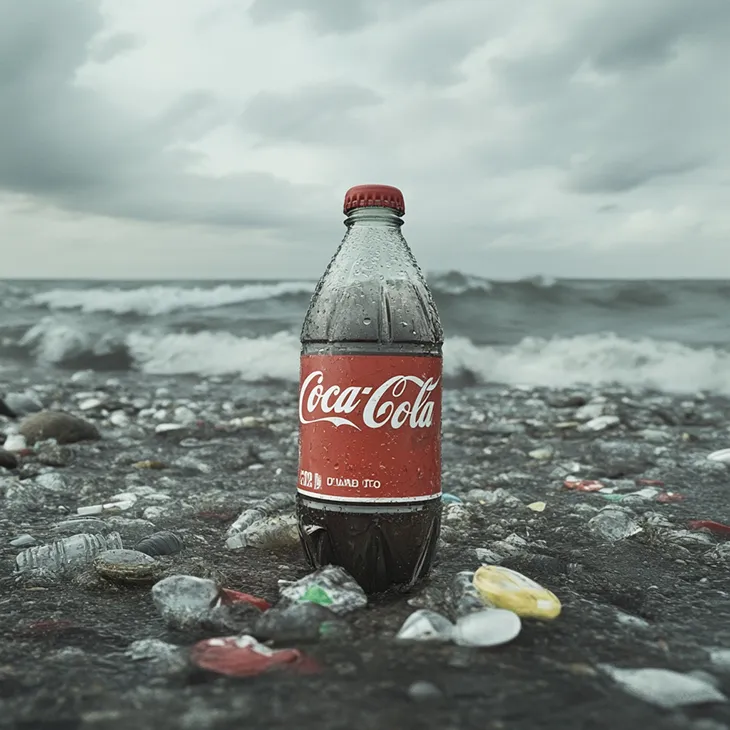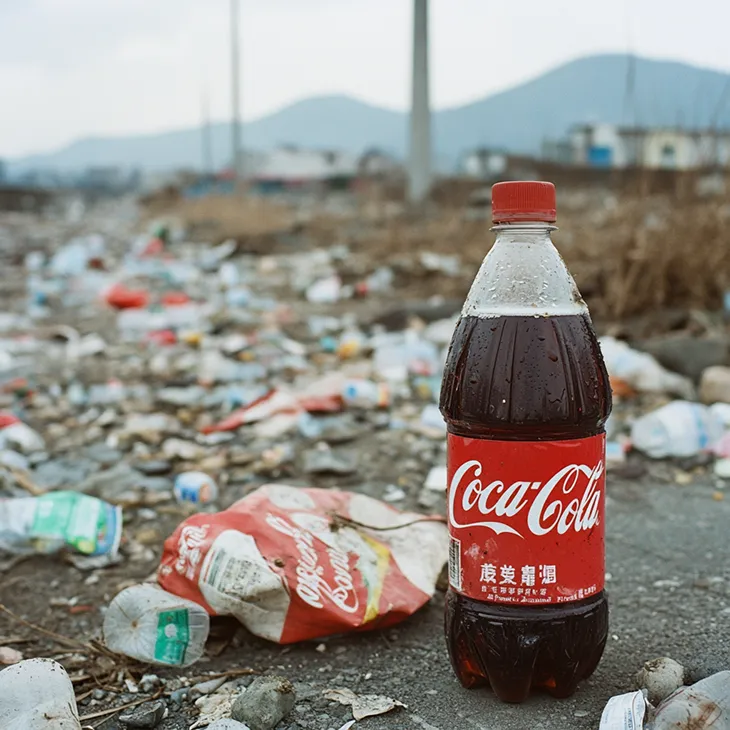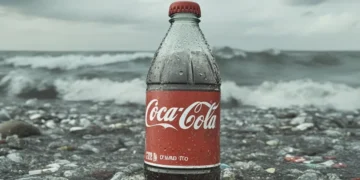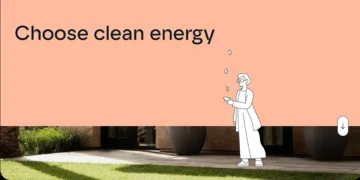
Coca-Cola is one of the biggest beverage companies in the world. Known for its iconic drinks, the brand is loved by millions. But there’s a serious issue tied to its global success – plastic pollution. Coca-Cola’s widespread use of single-use plastics has made it a target for environmental criticism.
Plastic waste is a major problem worldwide. It pollutes oceans, harms wildlife, and contributes to the growing climate crisis. Coca-Cola, being one of the biggest producers of plastic bottles, faces strong backlash. Environmental groups and consumers alike have called for changes to reduce plastic pollution.
The Statistics Are Alarming
The numbers tell a clear story. Coca-Cola produces around 3 million tons of plastic packaging every year. According to Break Free From Plastic, Coca-Cola was named the world’s top plastic polluter in 2018, 2019, and 2020. Volunteers found more Coca-Cola-branded plastic waste than any other brand during global cleanup events.
More than 8 million tons of plastic enter the oceans each year. This waste breaks down into tiny pieces called microplastics. Microplastics are harmful to fish, sea turtles, and birds, and they can even end up in the food humans eat. The scale of this pollution is a direct challenge to big companies like Coca-Cola, whose packaging adds to the problem.
Why Single-Use Plastics Are a Problem
Single-use plastics are convenient but harmful. They are designed to be used once and then thrown away. These plastics do not decompose quickly; they can take hundreds of years to break down. Most of this waste ends up in landfills or the ocean.
Coca-Cola’s use of single-use plastic is seen as a major contributor to this issue. While plastic bottles are recyclable, not all of them end up being recycled. In fact, only about 9% of all plastic ever made has been recycled. The rest ends up as waste, clogging up the environment.
The Backlash and Public Pressure
Coca-Cola has faced growing criticism for its role in plastic pollution. Environmental groups have staged protests and launched campaigns urging the company to change its packaging practices. Social media has amplified this criticism, putting more pressure on the company to act.
Some consumers have also spoken up, demanding that Coca-Cola take responsibility. The call for change is loud and clear: use more sustainable packaging solutions. The company has made some efforts, but many people believe it is not enough. The demand for a shift toward reusable or biodegradable materials is stronger than ever.
Coca-Cola’s Response to Criticism
Coca-Cola has acknowledged the problem and promised to make changes. In 2018, the company announced a plan called “World Without Waste.” The goal is to collect and recycle one bottle or can for every one it sells by 2030. Coca-Cola also committed to making its packaging 100% recyclable by the same year.
Despite these promises, critics argue that action has been slow. Some environmentalists say the plan focuses too much on recycling instead of reducing plastic use altogether. The company has started using more recycled materials in its bottles, but the overall impact remains a concern.

The Role of Celebrity Reputation Management
Public figures and celebrities have added to the pressure on companies like Coca-Cola. When a celebrity speaks out about environmental issues, it brings more attention to the problem. This type of influence can either help or hurt a brand. Celebrity reputation management becomes important when facing such public criticism. Companies need to maintain a positive image while addressing environmental concerns.
Some celebrities have taken a stand against plastic pollution and called out companies for their role. These endorsements for environmental change add weight to public opinion. Coca-Cola has had to balance these criticisms while working on its sustainability plans.
Solutions for Reducing Plastic Pollution
The good news is that solutions exist. Here are some ways Coca-Cola and other companies can help reduce plastic pollution:
1. Shift to Reusable Packaging
One of the most effective solutions is to switch to reusable packaging. This means creating bottles that consumers can return for cleaning and refilling. This model already exists in some places and has shown success. For example, in parts of Europe, glass bottle return systems are common. Expanding this concept to more markets could greatly reduce plastic waste.
2. Use Biodegradable Materials
Developing and using biodegradable packaging materials can also help. These materials break down naturally and do not harm the environment. Investing in research and development for eco-friendly packaging is a step in the right direction.
3. Improve Recycling Systems
Even though Coca-Cola’s packaging is technically recyclable, many countries have poor recycling systems. Working with governments and non-profits to improve these systems can make recycling more effective. Education campaigns to teach people how to properly recycle can also make a difference.
4. Reduce Plastic Production
Coca-Cola should consider reducing the overall production of single-use plastics. This means rethinking the supply chain and finding alternative materials. Reducing plastic at the source is more effective than dealing with waste after it has been created.
Recommendations for Coca-Cola
To improve its environmental impact, Coca-Cola can take several steps:
- Invest in Research: Support studies that develop sustainable packaging options. Innovation is key for long-term solutions.
- Collaborate with Other Companies: Join forces with other major brands to create industry-wide changes. Working together can create more effective results.
- Increase Transparency: Be clear about progress and setbacks. Regular updates can show consumers that the company is committed to making real changes.
- Engage with Environmental Leaders: Partner with non-profits and environmental leaders to create credible and effective strategies.
Coca-Cola’s contribution to plastic pollution has drawn significant criticism. The world is changing, and consumers now expect more from large brands. Reducing plastic waste is a global effort that needs participation from both companies and consumers.
The backlash against single-use plastics has made it clear that action is needed. Coca-Cola has taken some steps, but there is more work to be done. By exploring new packaging options, reducing plastic production, and focusing on sustainability, Coca-Cola can make a positive impact. With a strong commitment to change, the brand can work toward a cleaner, healthier future for the planet.



















